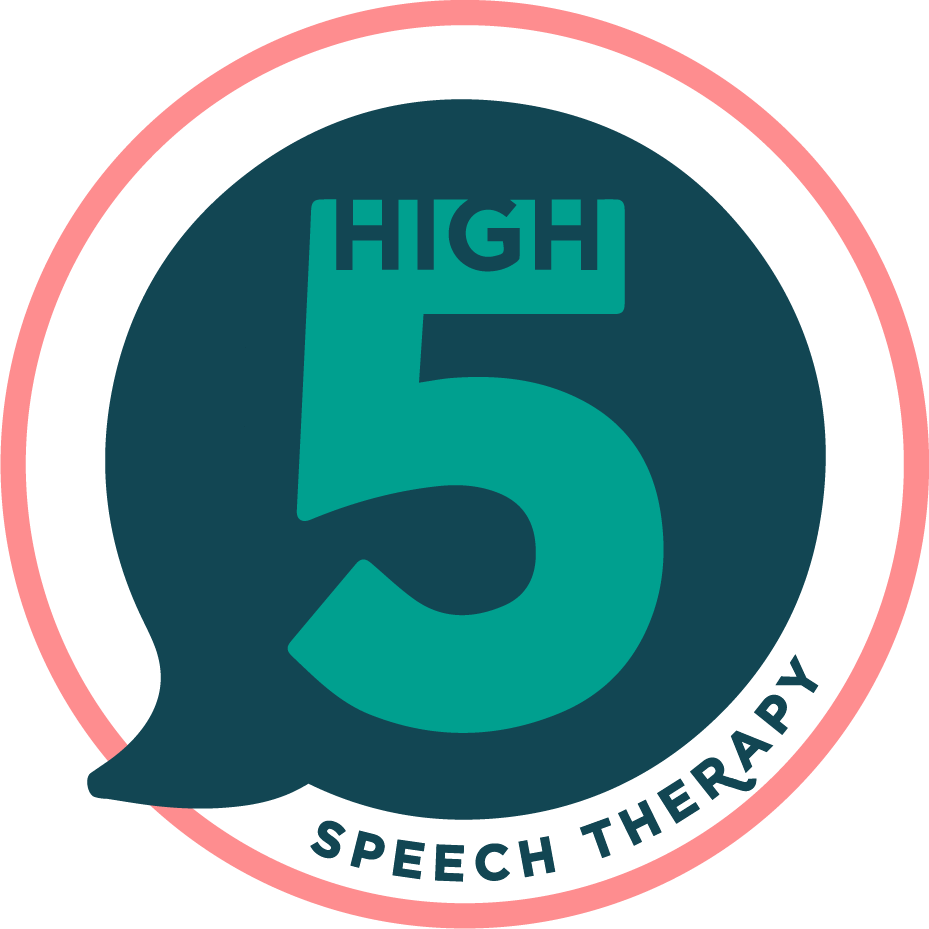Frequently Asked Questions
Where is your office located?
I typically see clients at my office in Holland, and offer services on select weekdays, and occasionally weeknights and weekends.
Holland Office Location:
291 W. Lakewood Blvd, Suite H
Holland, MI 49424
If you prefer home visits: I currently travel to see clients in the Lakeshore and Grand Rapids area, including the areas listed below. My availability in certain areas may be dictated by my schedule at that time, so let’s chat about options.
Please contact Emily to discuss options for your services.
Holland Office Location:
291 W. Lakewood Blvd, Suite H
Holland, MI 49424
If you prefer home visits: I currently travel to see clients in the Lakeshore and Grand Rapids area, including the areas listed below. My availability in certain areas may be dictated by my schedule at that time, so let’s chat about options.
- Holland, Zeeland
- Hudsonville
- Grand Rapids
- Saugatuck, Fennville, Ganges, Allegan
Please contact Emily to discuss options for your services.
What’s the best place for my child to receive therapy?
As a speech therapist in private practice, I feel so privileged that I am able to see clients in many different settings. I have delivered therapy services in client’s homes, schools, daycare centers and in my own office. Each setting has some advantages and disadvantages. As a therapist and parent, I’d like to share some thoughts with other parents who are considering the pros and cons of the various therapy settings for their child.
So, therapy at home or in my office? There’s no black or white answer here. There are many variables to consider when deciding whether your child should receive his/her therapy services in your home or in my office. I strongly encourage we chat about your specific situation to determine what is the best fit for your family.
- Focus: Depending on your child’s age and personality, some children are more focused outside their home and thrive from the structure of therapy in the office setting. It is harder for a child to "escape" to his/her room or to the kitchen when in the therapist's office. On the other hand, some children initially may be distracted by the office setting or may open up more in the comfort of their own homes. Siblings present at home also can become a distraction, depending on their age and interests. If siblings are present, I sometimes try to involve them in a session to help prevent them from distracting the client, but the feasibility of this depends on many factors.
- Convenience and Carryover: Certainly, it can be more convenient for your child to receive speech services in your home. You don't have to worry about the logistics involved in driving to the therapist's office. Furthermore, it tends to be easier to carry over skills learned in an everyday natural environment. It's also easier for most parents to participate in therapy sessions at their home. Many young children are comforted by a parent's presence, which also enables the parent to learn how to reinforce the lessons with their child when the therapist is gone. If parents do not want to participate because their child is older, they have other things to do, need to watch other children in the home or believe they may become a distraction to the child, they still can be within earshot of the room. At my office, the parent is either in the therapy room or a nearby waiting area. It's unlikely that the parent will be able to hear through the door. However, a parent can still be called in for some or part of the session.
- Materials for Therapy: When you come to my office, I should have all the materials needed for that day's session at my fingertips. When I come to your home, I will bring whatever I anticipate needing for that day's session; however, if the session takes an unexpected turn, I may need to improvise, ask you for certain items such as foods, or do without such aids for that day. However, when I am in a child’s home, I may get a better sense of the vocabulary and language that is necessary for daily communication. Additionally, I may be better able to determine appropriate and functional goals.
So, therapy at home or in my office? There’s no black or white answer here. There are many variables to consider when deciding whether your child should receive his/her therapy services in your home or in my office. I strongly encourage we chat about your specific situation to determine what is the best fit for your family.
What do you charge for therapy?
Please contact Emily to discuss rates for your specific situation. Office rates start at $95/hour and home visits start at $125/hour, based on your location and needs.
Occasionally, "scholarships" with discounted rates are offered based on a client's need and financial status.
Occasionally, "scholarships" with discounted rates are offered based on a client's need and financial status.
how can i pay for therapy?
Payment is due at the end of each session unless other arrangements have been made.
The following forms of payment are accepted:
*note that it is your responsibility to ensure the services for which you are billed are "allowed" on your FSA/HSA plan
The following forms of payment are accepted:
- HSA/FSA cards*
- Credit/Debit cards
- Cash
- Check
- Venmo
- PayPal
- Square Cash app
*note that it is your responsibility to ensure the services for which you are billed are "allowed" on your FSA/HSA plan
Do you bill or accept insurance for feeding or speech therapy?
In regard to insurance coverage, I am considered an "out-of-network provider," which means that you pay me directly. I cannot directly bill for insurance payments at this time. If insurance reimbursement is an option you’d like to investigate, I recommend first calling your insurance company to find out if you are eligible for out-of-network therapy and/or evaluation reimbursement. I have an excellent "Cheat Sheet" that can guide you through that phone call and help you learn all relevant information and details about your insurance plan as it relates to speech/feeding therapy.
The reason I am able to charge significantly less for my therapy services that area therapy clinics and outpatient hospital clinics is because I do not directly bill insurance, which means I do not have to pay a specialist to do my insurance bililng.
Upon request, I can provide you with a monthly receipt of paid services for you to submit to your insurance company for reimbursement. Upon request, you can be provided with the following resources to help you with insurance submission. These resources include:
*The caregiver is responsible for communicating ALL NECESSARY DOCUMENTATION that insurance requires PRIOR to beginning any services. This documentation can not be provided after therapy services or evaluations have been completed.
**Please note: Some insurance companies require specific components to be a part of progress notes, and some insurance companies also require a treatment plan. I will happily supply you with notes/plans in the format required by your insurance company if you supply this for me (treatment plans are included in evaluation reports but are an additional cost if a formal evaluation + evaluation report was not previously paid for). However, it is the parent’s or patient's responsibility to determine what these formats and specifications are.
The reason I am able to charge significantly less for my therapy services that area therapy clinics and outpatient hospital clinics is because I do not directly bill insurance, which means I do not have to pay a specialist to do my insurance bililng.
Upon request, I can provide you with a monthly receipt of paid services for you to submit to your insurance company for reimbursement. Upon request, you can be provided with the following resources to help you with insurance submission. These resources include:
- Hand-written progress notes from each session*
- Electronic and/or printed monthly invoice
- Current ICD-10 coding
- Current CPT coding
- Therapist state and national license information and certification information
*The caregiver is responsible for communicating ALL NECESSARY DOCUMENTATION that insurance requires PRIOR to beginning any services. This documentation can not be provided after therapy services or evaluations have been completed.
**Please note: Some insurance companies require specific components to be a part of progress notes, and some insurance companies also require a treatment plan. I will happily supply you with notes/plans in the format required by your insurance company if you supply this for me (treatment plans are included in evaluation reports but are an additional cost if a formal evaluation + evaluation report was not previously paid for). However, it is the parent’s or patient's responsibility to determine what these formats and specifications are.
what about insurance-covered speech/language therapy?
For out-of-network speech/language therapy reimbursement, you will need to check if your insurance company accepts CPT code 92507, and if they require an ICD-10 code (furnished from an evaluation by a professional, e.g. speech-language pathologist, psychologist, audiologist, ENT, neurologist, etc.). If an ICD-10 code is required, I must provide a complete evaluation (check if your insurance company accepts CPT code 92506 for the evaluation) and the accompanying required paperwork, which begins at $550, with increased rates for home visits. If your insurance requires a predetermination note, discuss this with your pediatrician.
To note: Often, insurance will only cover pediatric speech/language therapy when it is deemed a “medical necessity.” Speech/language therapy is considered a “medical necessity” when there is a medical diagnosis such as autism, cerebral palsy, apraxia, cleft lip/palate, etc. In 90% of the children I screen, insurance will not pay for therapy services, including those for articulation support or "late talkers.".
To note: Often, insurance will only cover pediatric speech/language therapy when it is deemed a “medical necessity.” Speech/language therapy is considered a “medical necessity” when there is a medical diagnosis such as autism, cerebral palsy, apraxia, cleft lip/palate, etc. In 90% of the children I screen, insurance will not pay for therapy services, including those for articulation support or "late talkers.".

